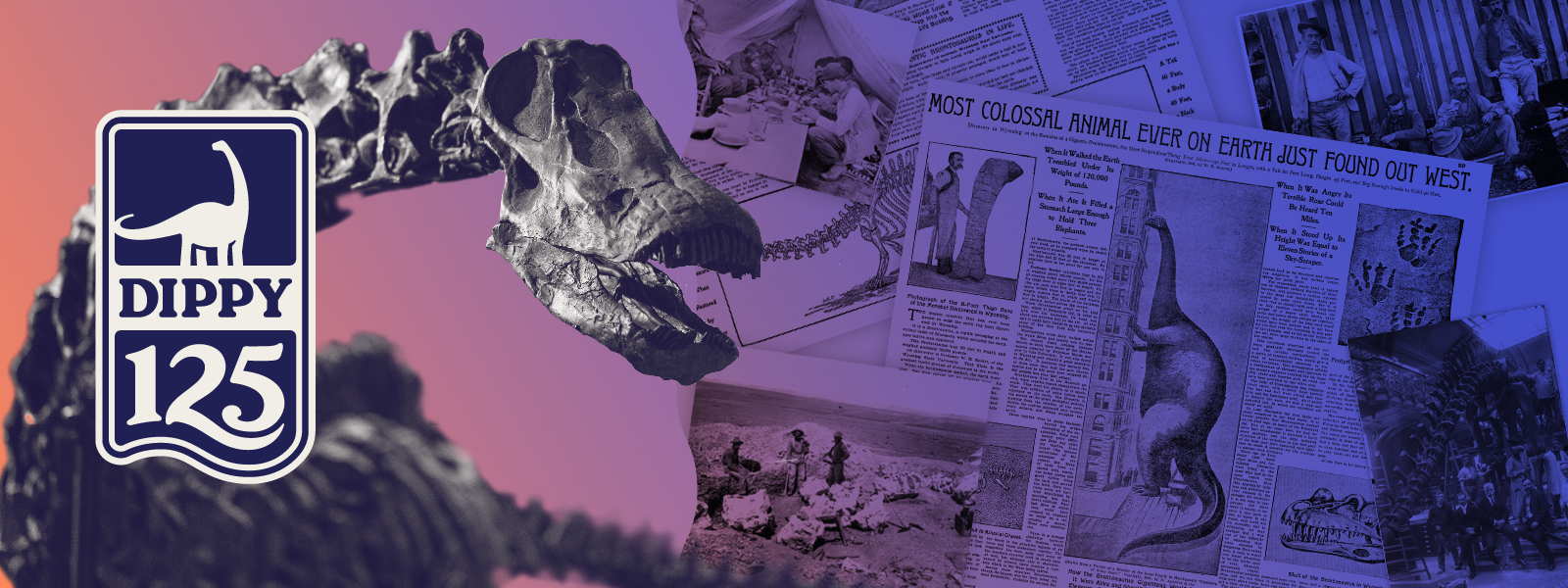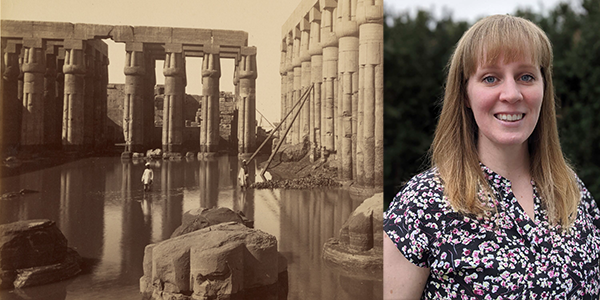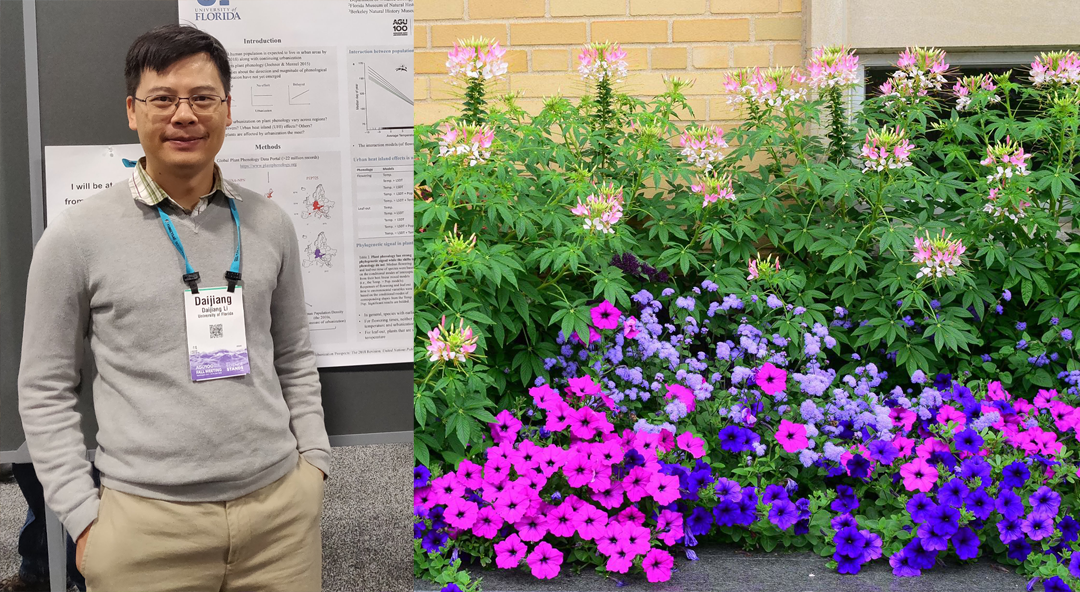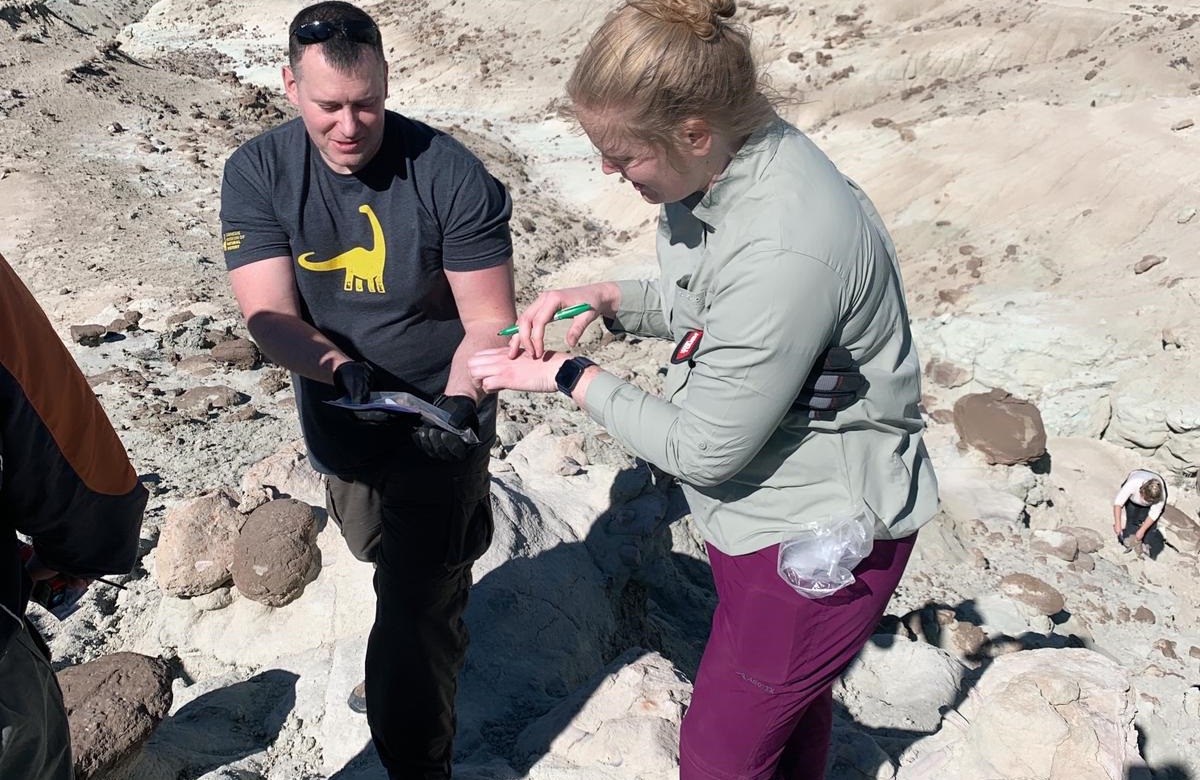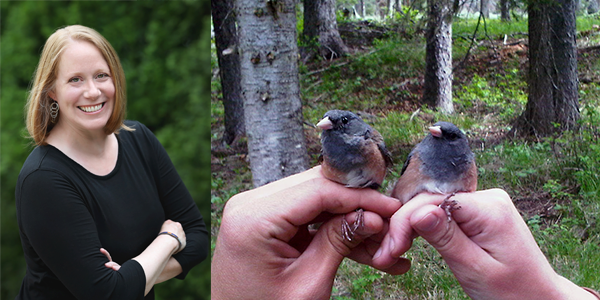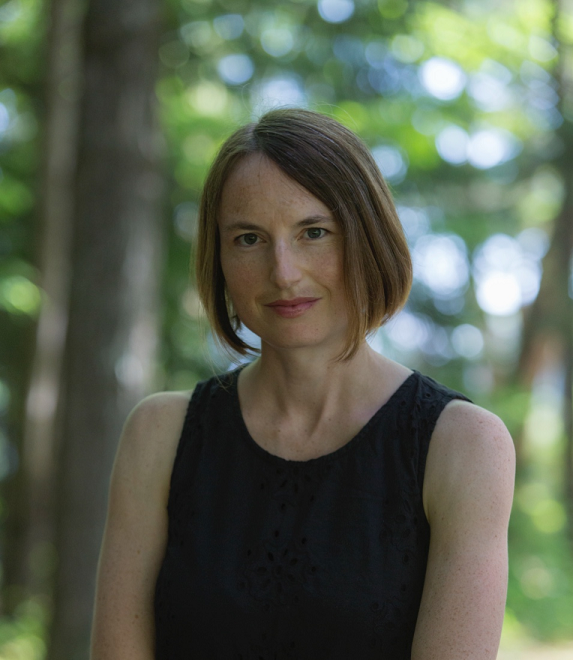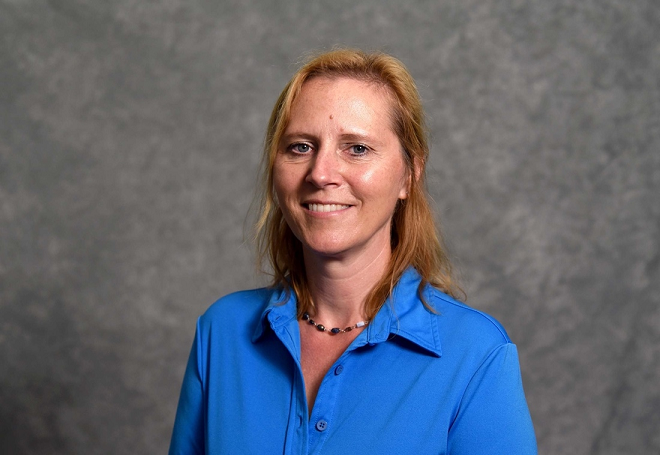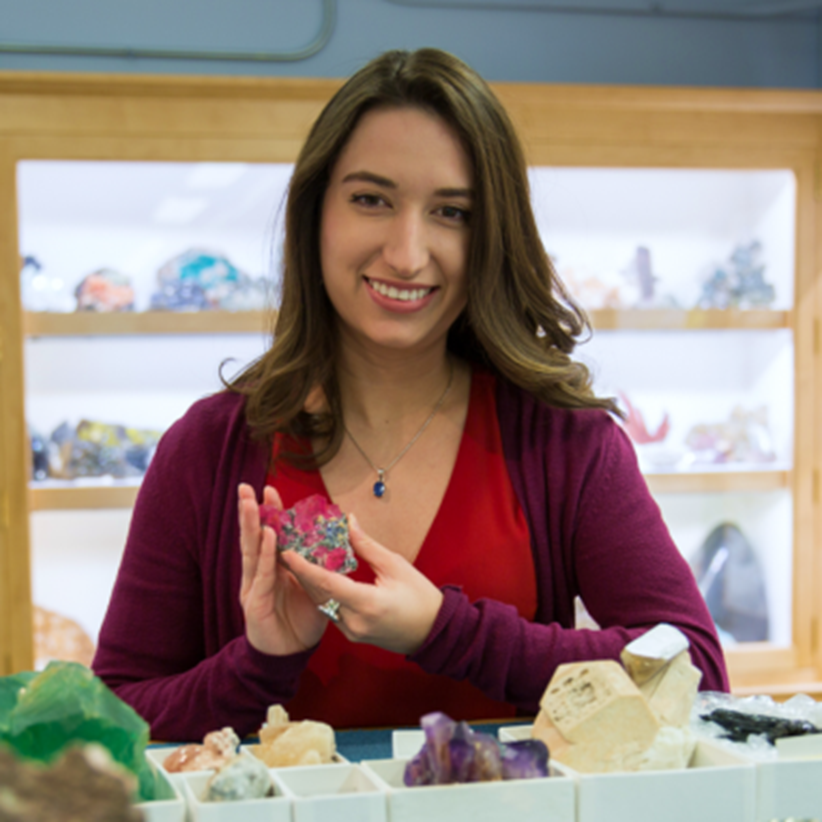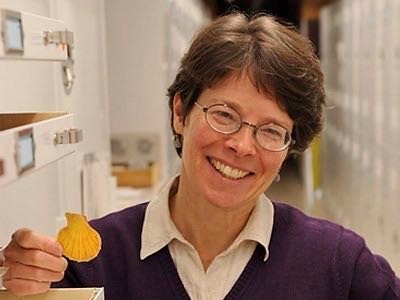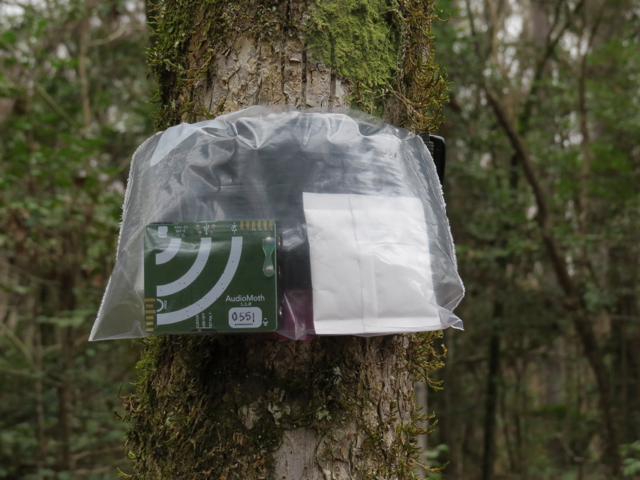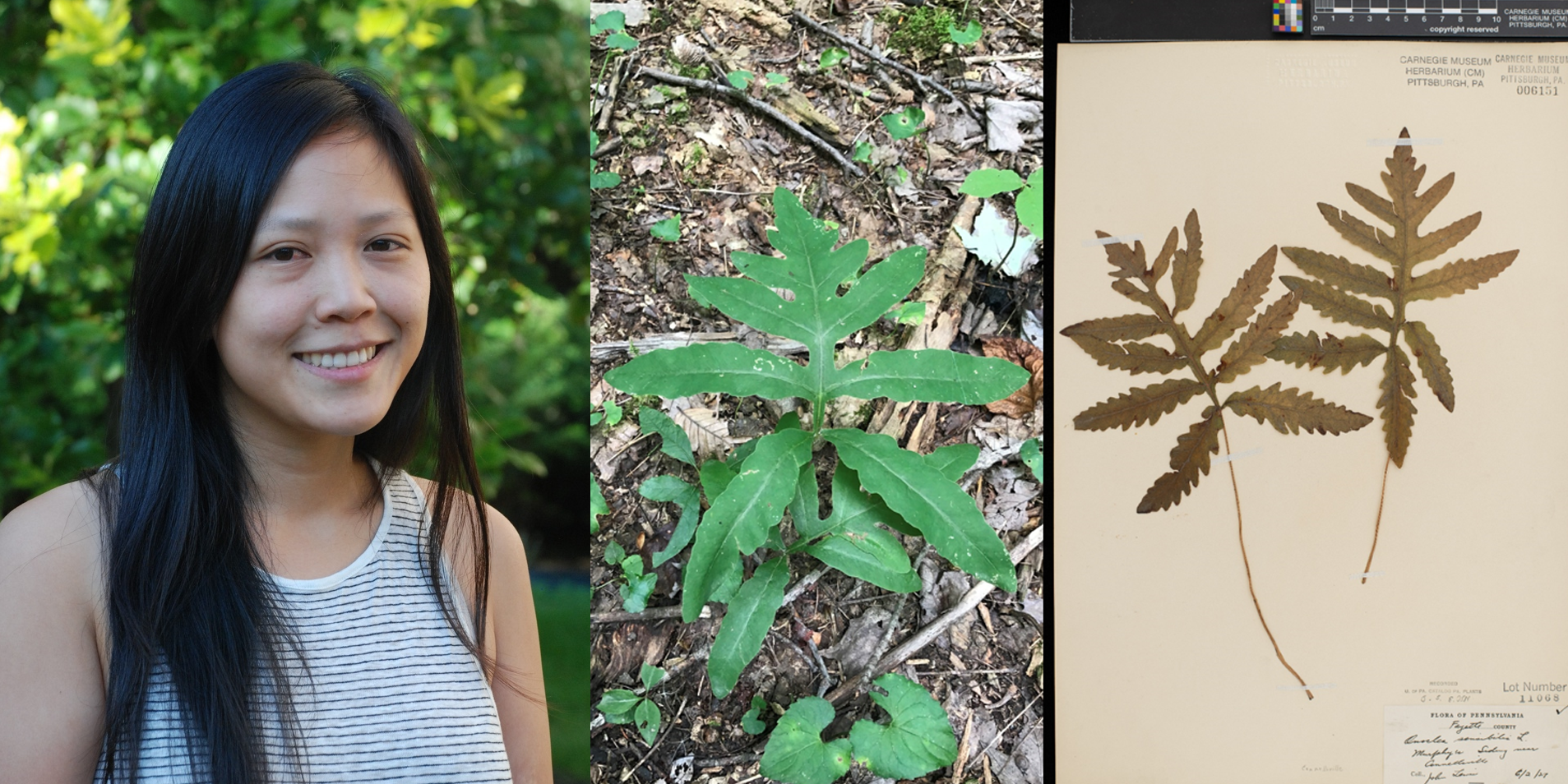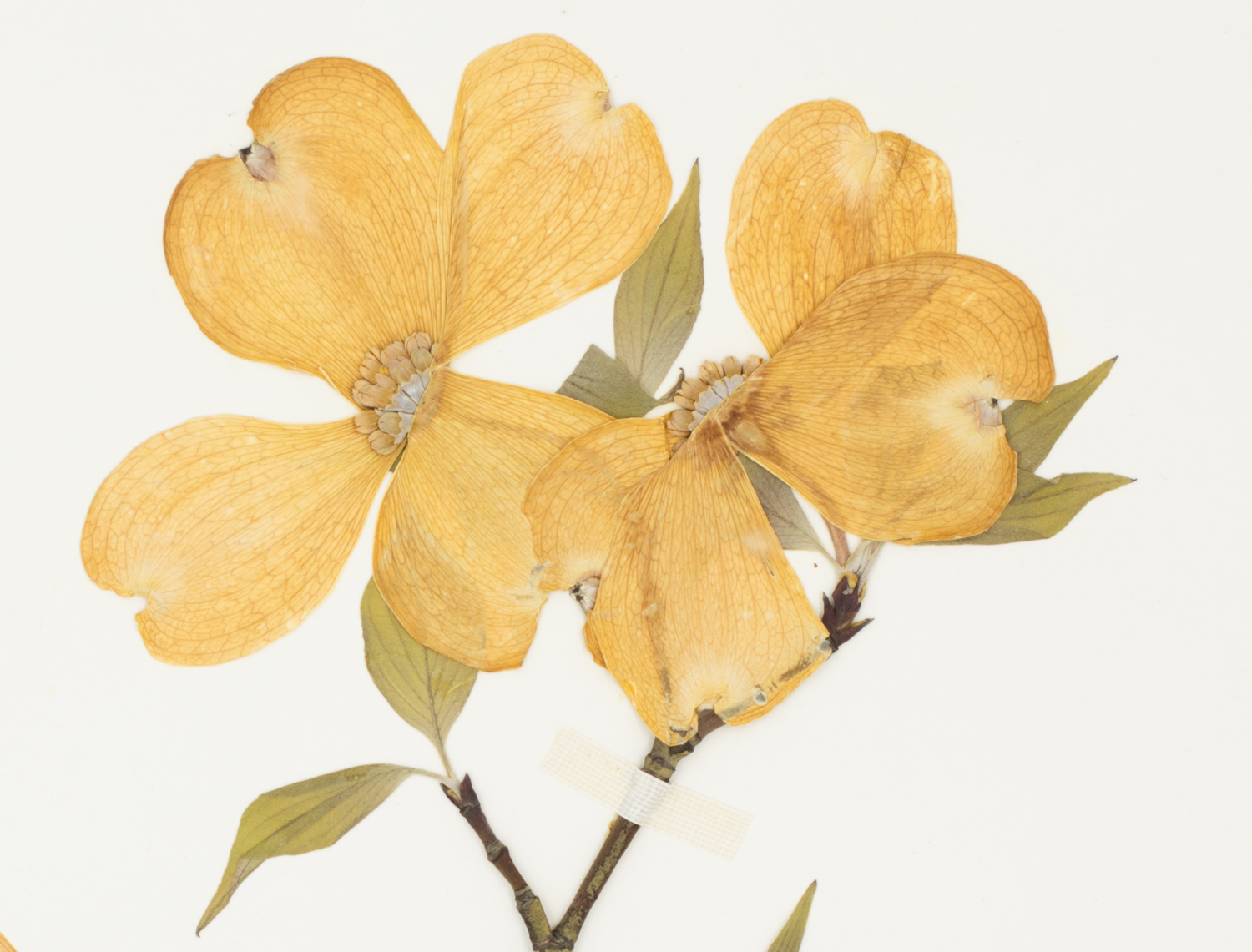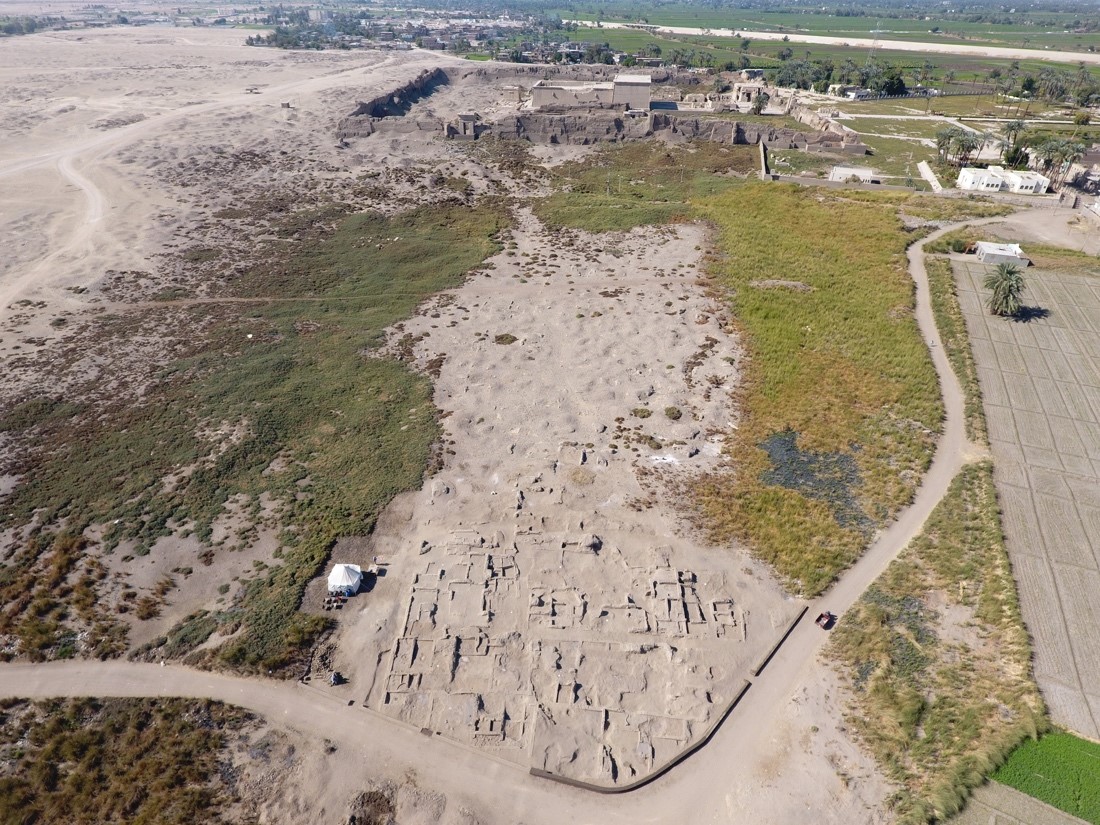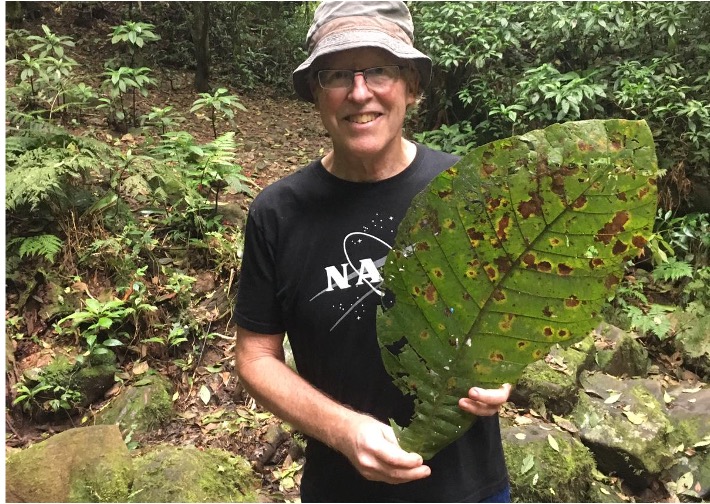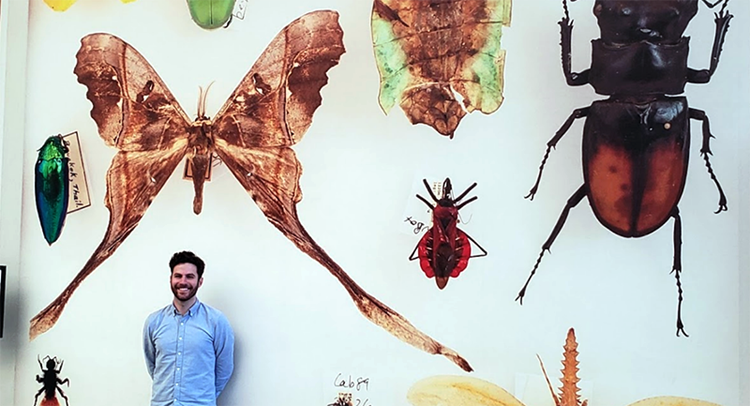Online
- Events
- Venues
- Online
Dippy & Friends: A Virtual Event
OnlineJoin Curator Matt Lamanna online to learn about the dinos and animals that shared Dippy’s world. It’s the 125th anniversary of the discovery of Carnegie Museum of Natural History’s beloved Dippy, the giant sauropod dinosaur Diplodocus carnegii, and we’re throwing a ‘gotcha day’ party! What other dinosaurs would Dippy invite? Which would be left off […]
Moriarty Science Seminar: River Life in Ancient Egypt: The Nile and its Varied Environments
OnlineR.W. Moriarty Science Seminar Presents: "River Life in Ancient Egypt: The Nile and its Varied Environments" Speaker: Christine Johnston, Western Washington University. Ancient Egyptian society developed around and was dependent on the Nile River. It was the physical and cultural heart of the pharaonic state, playing important roles in transportation and trade, agriculture and subsistence, […]
Moriarty Science Seminar: Effects of Urbanization on Plant Phenology
OnlineR.W. Moriarty Science Seminar Presents: "Effects of Urbanization on Plant Phenology" Speaker: Daijiang Li, Louisiana State University. This event will take place Monday, March 27 at Noon online via Zoom. Abstract:With 57% of the human population now living in urban areas, urbanization is one of the most important drivers of global environmental change. Urbanization and […]
Moriarty Science Seminar: “Follow Your Nose: How birds use scent to find mates, assess rivals, and recognize relatives”
OnlineR.W. Moriarty Science Seminar Presents: "Follow Your Nose: How birds use scent to find mates, assess rivals, and recognize relatives" Speaker: Danielle Whittaker, Oregon State University. This event will take place online Monday, February 13 at Noon. Abstract: Smell has been called the most ancient sense, and songbirds are no exception in their use of […]
The Datafied Animal: Big Data, Machine Learning, and Wildlife Conservation
OnlineR.W. Moriarty Science Seminar Presents: The Datafied Animal: Big Data, Machine Learning, and Wildlife Conservation Speaker: Emily Wanderer, University of Pittsburgh Abstract: Over the past twenty years, scientists have developed an ever expanding “internet of animals.” This internet of animals is composed of GPS-tracking and biologging technologies and machine learning and AI tools; they are being deployed […]
Moriarty Science Seminar: Working the Face: Integrative Evolutionary Morphology & Physiology in the Mammalian Face
OnlineR.W. Moriarty Science Seminar Presents: Working the Face: Integrative Evolutionary Morphology & Physiology in the Mammalian Face Speaker: Anne Burrows, Duquesne University Abstract:Faces are ubiquitous in the mammalian and general vertebrate clades. However, our understanding of the evolutionary morphology and physiology of the face remains unclear. We have many paleontological pieces of evidence for how the bony […]
Moriarty Science Seminar: Modern mineralogy at the Smithsonian NMNH
OnlineR.W. Moriarty Science Seminar Presents: Modern mineralogy at the Smithsonian NMNH Speaker: Gabriela Farfan, Smithsonian National Museum of Natural History Abstract:The Smithsonian National Museum of Natural History is renowned for its National Gem and Mineral Collection that encompasses the American “crown jewels,” such as the Hope Diamond, world class mineral specimens, and hundreds of thousands of reference […]
Moriarty Science Seminar: Dead shells speak: detecting unsuspected ecosystem change without being there
OnlineR.W. Moriarty Science Seminar Presents: Dead shells speak: detecting unsuspected ecosystem change without being there Speaker: Susan Kidwell, University of Chicago Abstract:One of the major challenges for environmental management and conservation biology is simply discovering ‘what was natural’ before human impacts. This problem is especially pressing in marine systems, where biological monitoring and other records are brief […]
Moriarty Science Seminar: Eavesdropping on wildlife: Realizing the potential of autonomous acoustic surveys for ecology and conservation biology
OnlineR.W. Moriarty Science Seminar Presents: Eavesdropping on wildlife: Realizing the potential of autonomous acoustic surveys for ecology and conservation biology Speaker: Tessa Rhinehart, University of Pittsburgh Abstract:: In an era of rapid global change, it is critically important to understand how anthropogenic actions like habitat disturbance and restoration affect wildlife populations. Ecologists and conservation biologists are increasingly […]
Educator Webinar: Specimens, Artifacts and Adventure: Supporting All Learners During Pandemic Disruptions
OnlineTwo years ago, as Carnegie Museum of Natural History (CMNH) and partner educational organizations experienced lockdowns, staff furloughs, and other COVID-19 related disruptions, continued communication with the teachers and other educators we had long served informed decisions about necessary and frequently drastic program adjustments. In this three-segment session, presenters from Carnegie Museum of Natural History […]
Moriarty Science Seminar: Integrating the living and the dead: how functional traits can improve our understanding of early Cenozoic fern evolution
OnlineR.W. Moriarty Science Seminar Presents: Integrating the living and the dead: how functional traits can improve our understanding of early Cenozoic fern evolution Speaker: Molly Ng, Carnegie Museum of Natural History Abstract:Plants have different economic strategies to grow, survive, and reproduce. In leaves, these strategies are important in producing energy for the entire plant. Leaf mass per […]
Moriarty Science Seminar: The mysterious megaraptorids: giant-clawed meat-eating dinosaurs from the southern continents
OnlineR.W. Moriarty Science Seminar Presents: The mysterious megaraptorids: giant-clawed meat-eating dinosaurs from the southern continents Speakers: Matt Lamanna, Carnegie Museum of Natural History Articulated antebrachium (forearm) and manus (hand) of eponymous megaraptorid Megaraptor namunhuaiquii. The largest, innermost claw at right is approximately 40 cm (~16 inches) in length. Credit: Wikipedia (raffaele sergi from Pinerolo, Italia - dinosauri […]
Moriarty Science Seminar: Rethinking Plant Heat Tolerances and Photosynthetic Strategies of Tropical Plants
OnlineR.W. Moriarty Science Seminar Presents: Rethinking Plant Heat Tolerances and Photosynthetic Strategies of Tropical Plants Speakers: Timothy Perez Stomata and leaf size thermoregulatory traits, a thermograph of leaves, and a tropical forest. Abstract: As climate changes so too do the compositions of terrestrial plant communities that sequester carbon and mitigate climate change. However, the physiological […]
Moriarty Science Seminar: Understanding the Mid-Atlantic Flora…One Specimen at a Time
OnlineR.W. Moriarty Science Seminar Presents: Understanding the Mid-Atlantic Flora...One Specimen at a Time Speakers: Cindy Skema, Morris Arboretum of the University of Pennsylvania Plant collections and their archiving in herbaria form a cornerstone in the foundation of plant science studies. We will discuss the why, how, and where of this work, as well as the […]
Moriarty Science Seminar: Resilience and adaptation to climate change and environmental shifts in ancient Egypt and Nubia
OnlineR.W. Moriarty Science Seminar Presents: Resilience and adaptation to climate change and environmental shifts in ancient Egypt and Nubia- the 4.2 ka BP and 3.2 ka BP events reconsidered Speakers: Nadine Moeller and Emilie Sarrazin In the history of ancient Egypt, two periods of important societal change have often been linked to major climatic events: […]
Moriarty Science Seminar: Is climate change shading out our forest wildflowers?
OnlineR.W. Moriarty Science Seminar Presents: Is climate change shading out our forest wildflowers? Speaker: Ben Lee, Ph.D., Botany at CMNH Description coming soon. Register Now
Moriarty Science Seminar: Building a Practice of Community Archaeology at Indian Run/Pandenarium
OnlineR.W. Moriarty Science Seminar Presents: Building a Practice of Community Archaeology at Indian Run/Pandenarium (Site 36ME253) Speaker: Angela Jaillet-Wentling, PA DCNR At the Indian Run or Pandenarium settlement site (36ME253), archaeology helps shine a light on the story of a free African American community in the Antebellum North. Twentieth century histories focused heavily on the […]
Moriarty Science Seminar: Biogeographic and socioeconomic drivers of global insect invasions
OnlineR.W. Moriarty Science Seminar Presents: Biogeographic and socioeconomic drivers of global insect invasions Speaker: Andrew Liebhold, US Forest Service, Morgantown, WV Biological invasions are largely an unintended consequence of globalization. With increasing mobility, humans have accidentally transported organisms around the world, breaking the geographical boundaries that separated species ranges that persisted for millions of years […]
Moriarty Science Seminar: Every Family Has Its Junk Drawer: Adventures in Noctuidae (Lepidoptera) Systematics
OnlineR.W. Moriarty Science Seminar Presents: Every Family Has Its Junk Drawer: Adventures in Noctuidae (Lepidoptera) Systematics Speaker: Kevin Keegan Noctuidae moths are one of the most successful animal lineages on the planet, being abundant in nearly all terrestrial habitats and with over 12,000 species globally—some of which are among the world’s most damaging agricultural pests. […]
